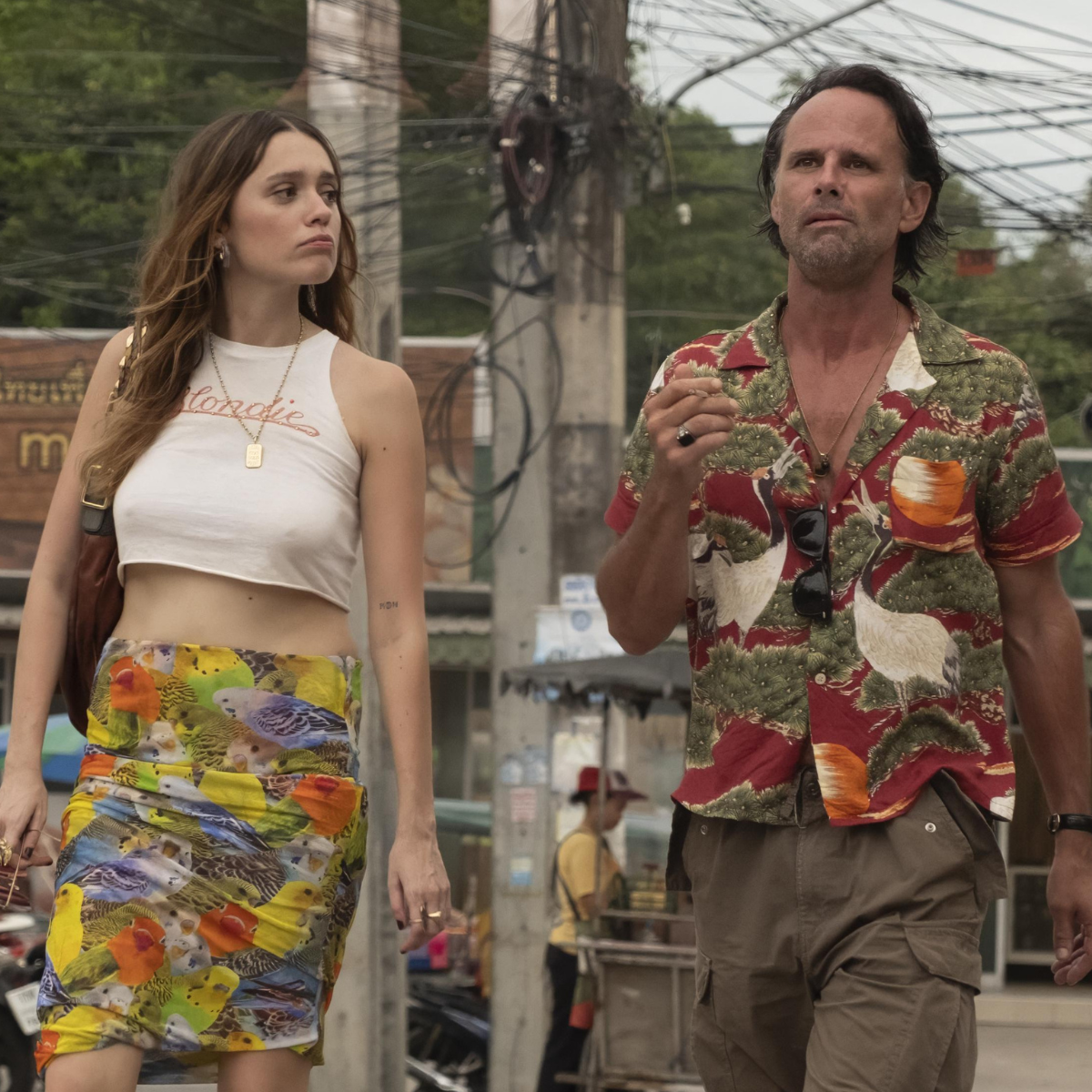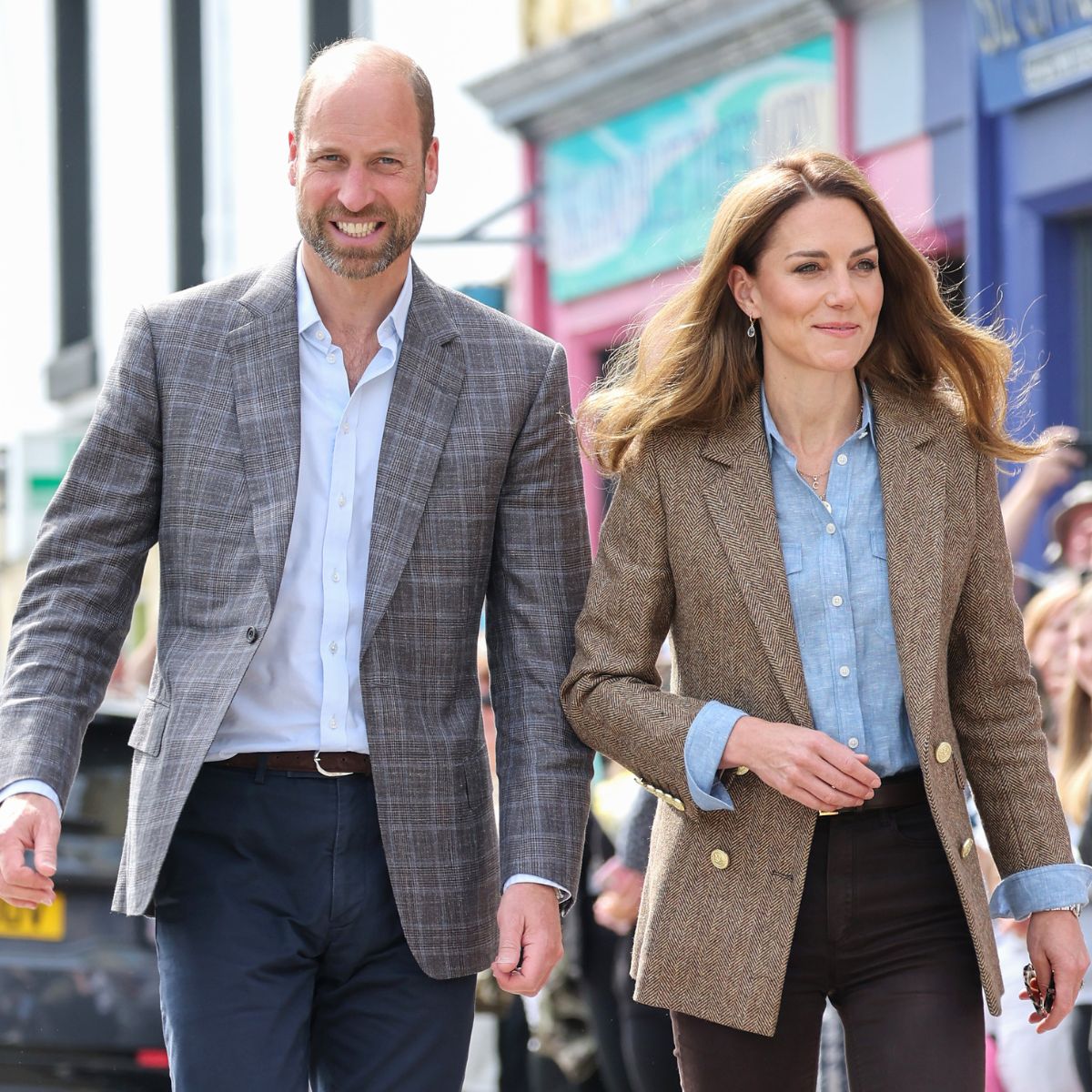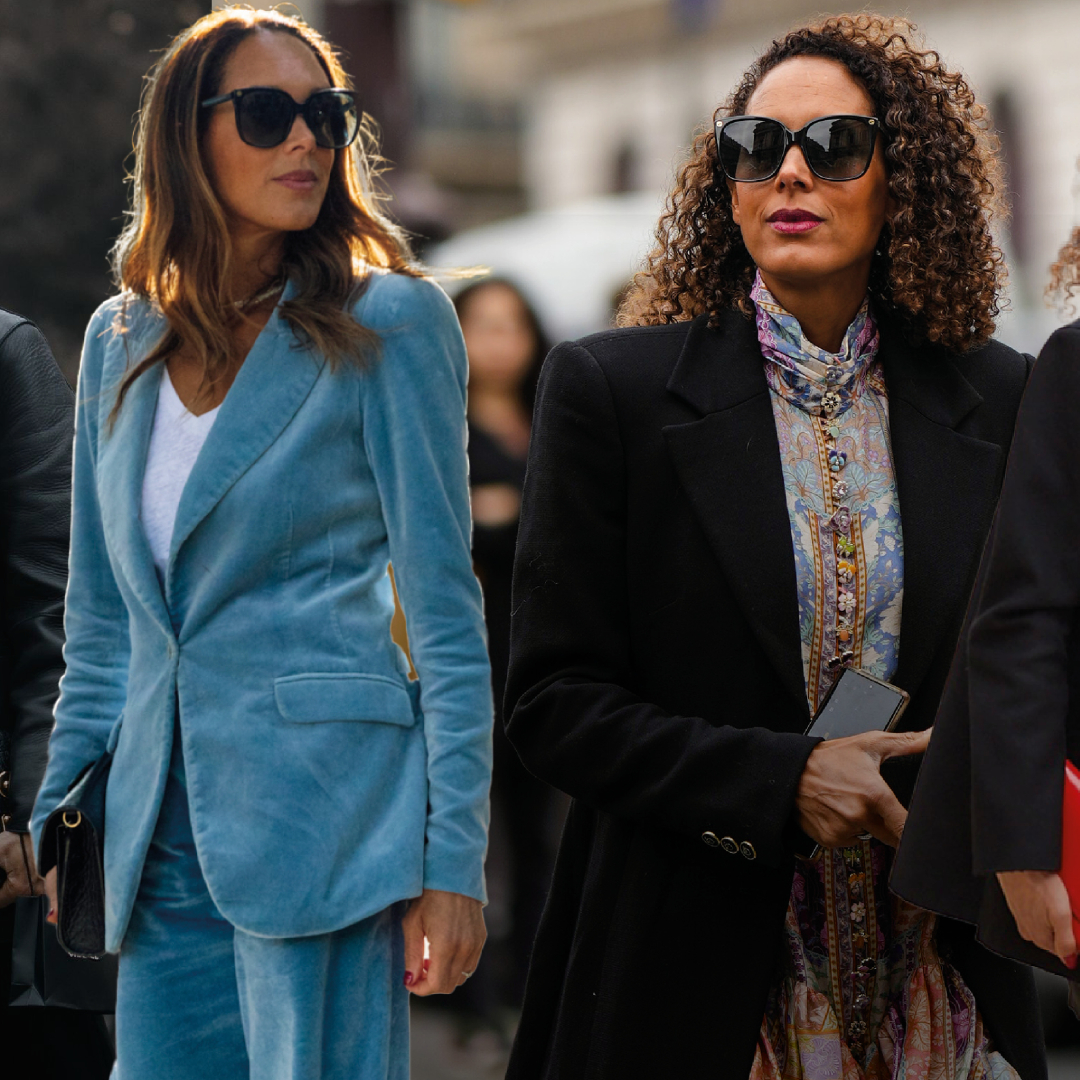It's time to reclaim the negative words used against us with the #SpeakOut campaign
In partnership with AVON
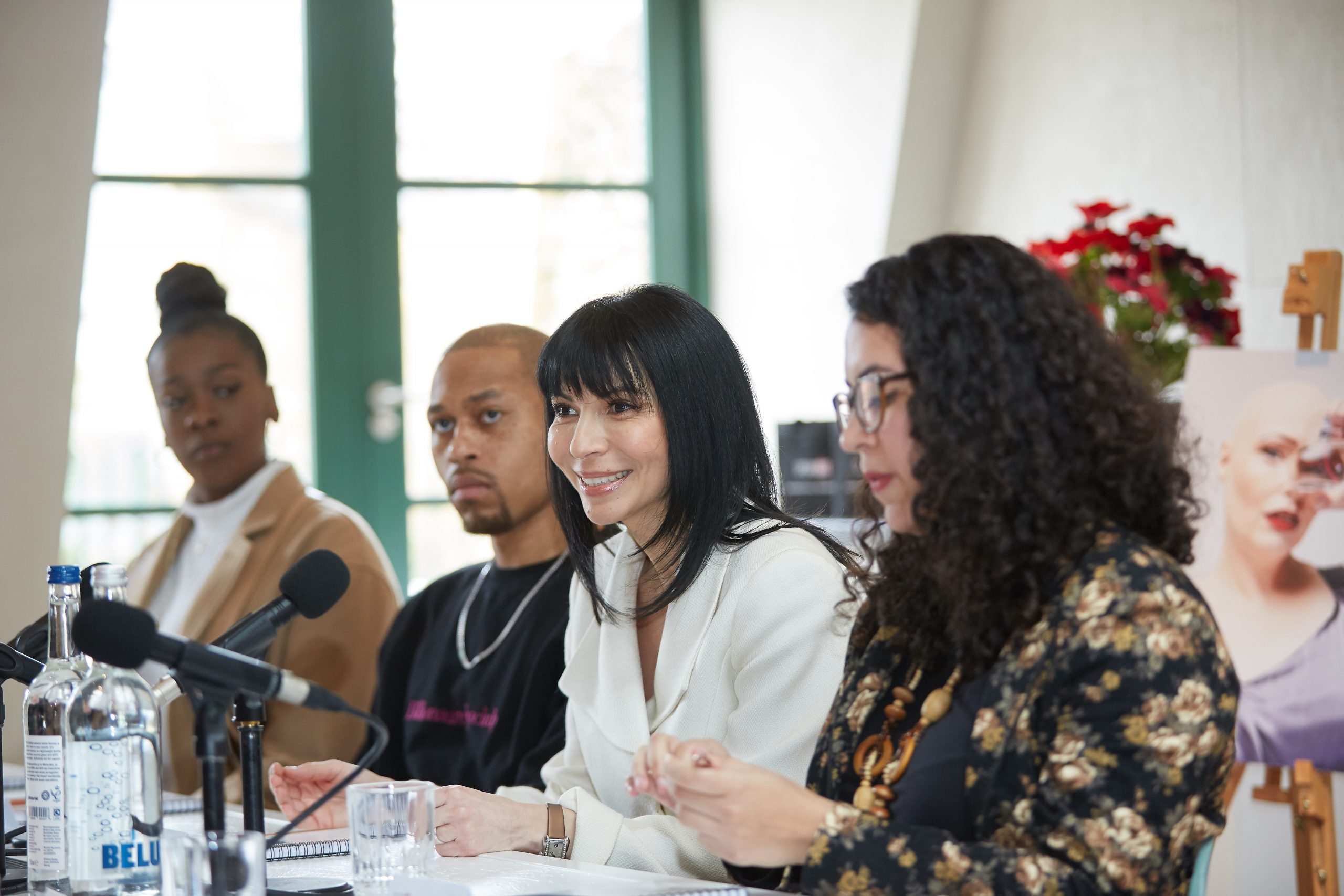
Here’s everything to know about Avon’s International Women’s Day campaign
We are at a crucial time in history. The past couple of years have undoubtedly been a watershed moment for women's empowerment. And yet there is still so much more to be done to achieve genuine gender equality.
In 2020 women are still under-represented in all walks of life and do not have a share of voice in our world.
We seriously need to redress the balance.
This is something Avon is putting into action with its 2020 International Women’s Day campaign.
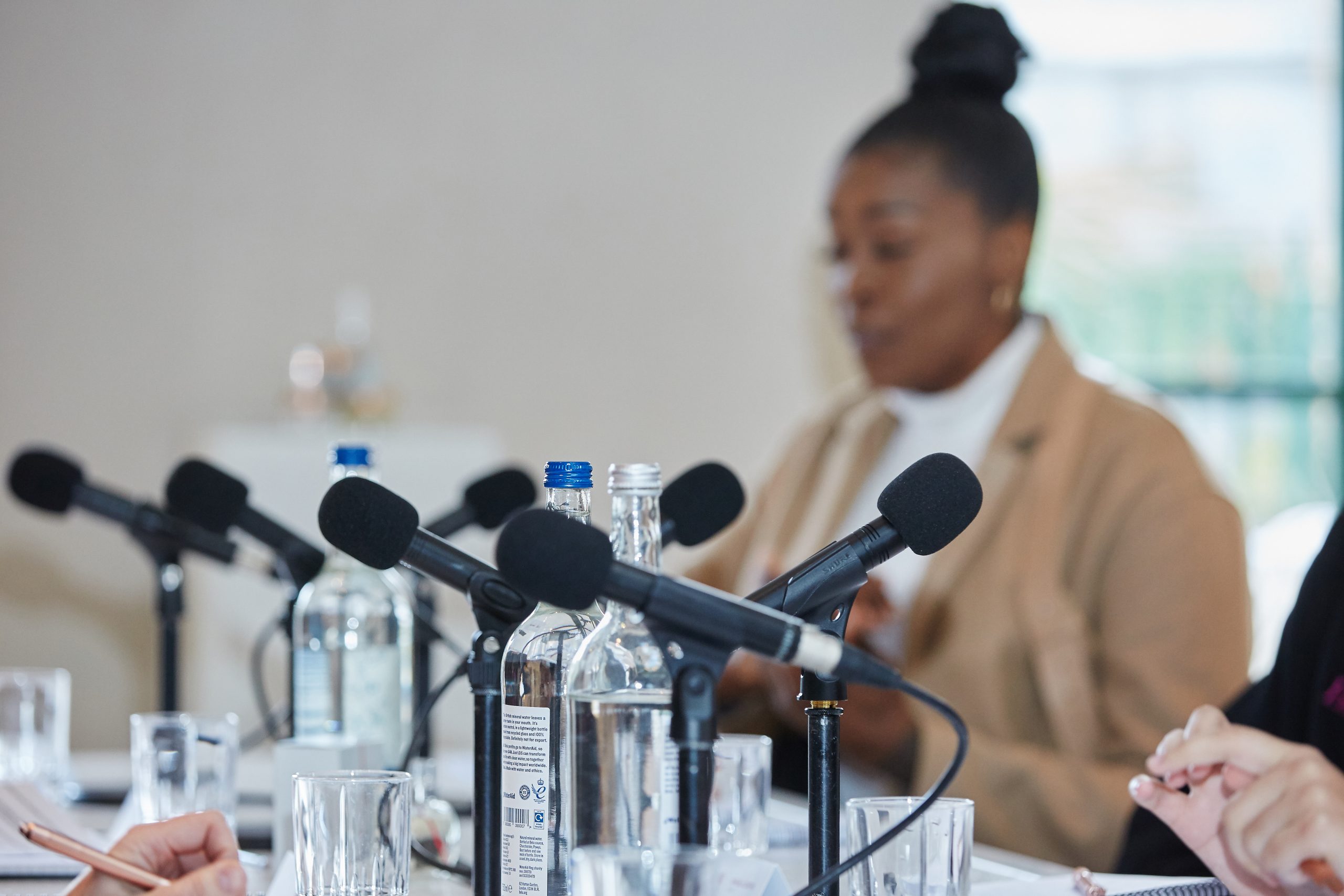
Avon has been celebrating and championing women for over 130 years, creating opportunities and supporting the empowerment of women and girls. In an effort to make positive change and achieve greater equality, they believe the key is unlocking the barriers that hold women back. The most prevalent of these is language.
Where men are called 'assertive', women are often labelled 'bossy' and where men are praised for being 'sensitive', women are frequently criticised for being 'hysterical'.
In every language and culture, there exist words and phrases that are used against women - to cut us down, embarrass us, shut us up and stop us from speaking out.
Language is one of our most powerful tools, and right now it seems to be locking out half the population.
How can we make change? According to Avon, by reclaiming the language that has been used negatively against us.
On International Women’s Day this year, Avon is calling on women and men, globally, to #SpeakOut. The campaign is encouraging us all to reclaim judgement words or phrases that have silenced, embarrassed, or negatively stereotyped us and to share those words with pride, turning our stories into a source of power.
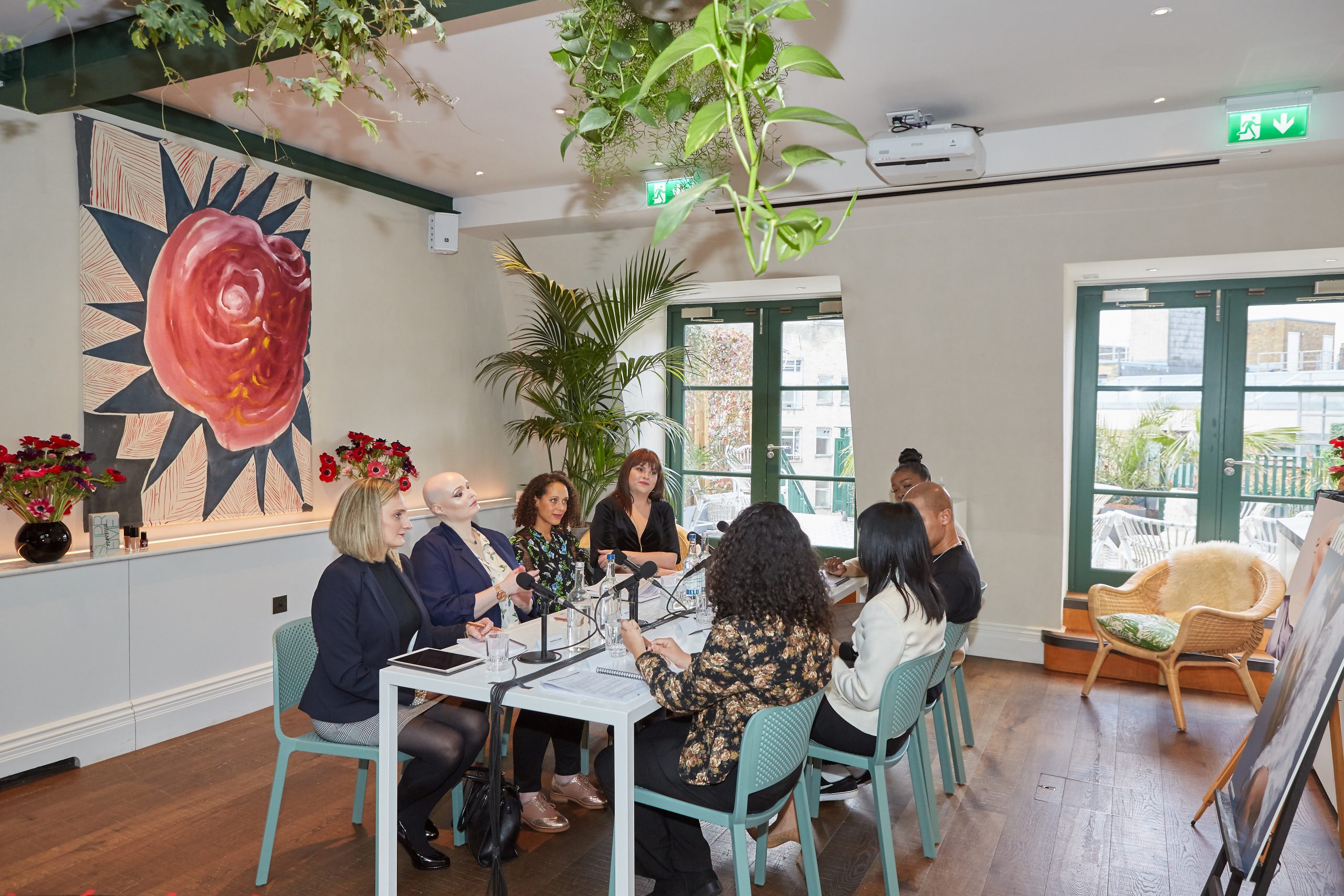
Kicking off the campaign, Marie Claire UK and Avon joined forces, holding a roundtable discussion at Mayfair’s AllBright club on reclaiming negative language.
Marie Claire UK Editor in Chief Andrea Thompson led the discussion, joined by Avon CEO Angela Cretu, both passionate fighters for empowerment for women around the world.
Joining them on the inspirational roundtable was transgender Avon representative Daniella Schofield, rapper C Cane, Changing Faces' Brenda Finn, journalist Nana Soares, The Good Lad Initiative's Ben Hurst and Senior Lecturer in Applied Linguistics, Agnieszka Lyons.
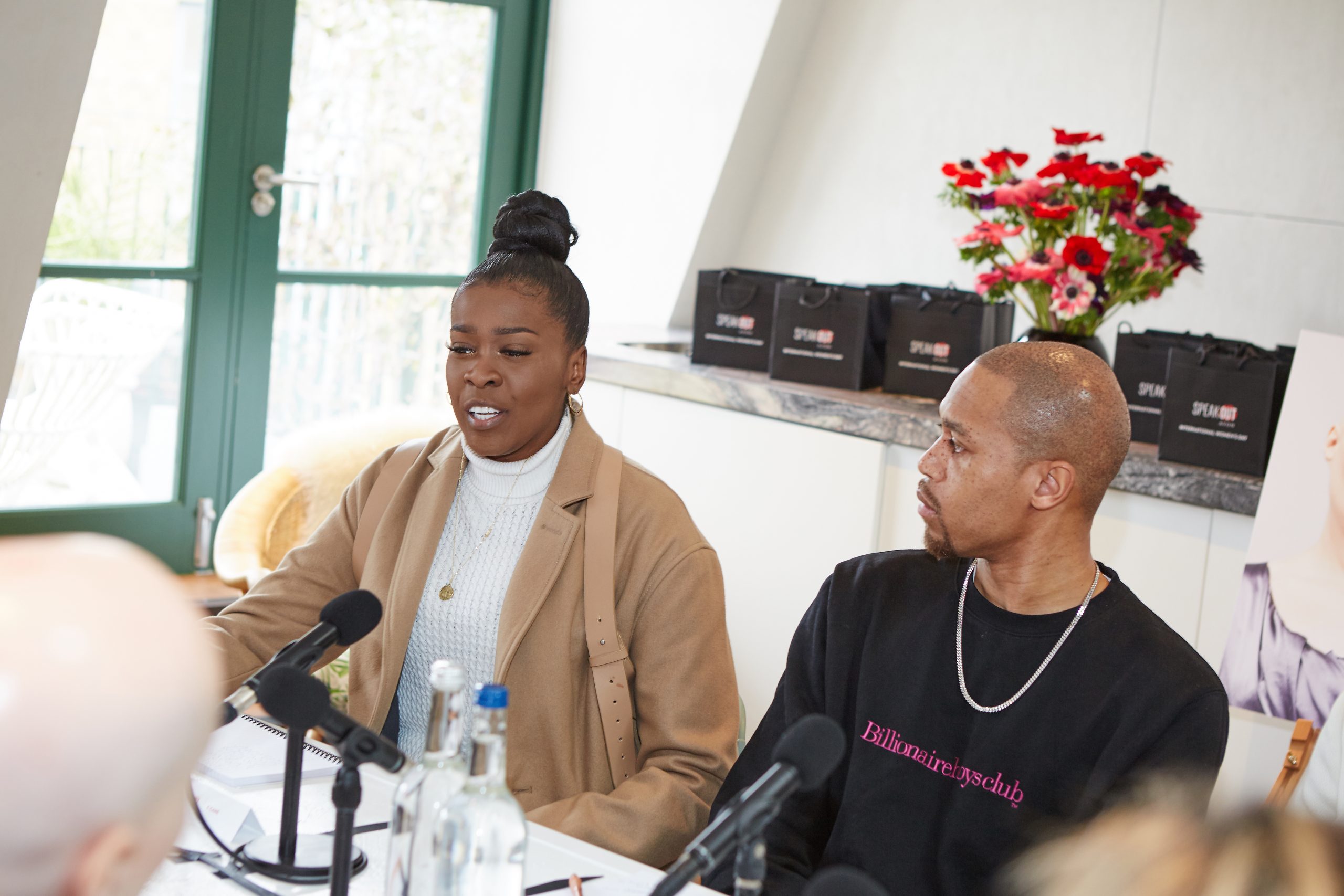
‘We are here today to create a movement against the systems that are holding women back when they try to express themselves,’ announced Avon CEO Angela Cretu, kicking off the discussion.
‘I think that the values that we stand for at Marie Claire are even more important today than perhaps they were 31 years ago', Andrea Thompson went on to state. ‘Although we have come a long way, there is still so much to be done.
‘According to the World Economic Forum, we are a century away from gender parity. And even more alarming is the fact that England failed to even make the top ten of the 2020 Global Gender Index. When a woman goes online and expresses her views, she is trolled for it and when she goes into an office and expresses her views, she is name-called and silenced. We need to look at the negative language around us.'
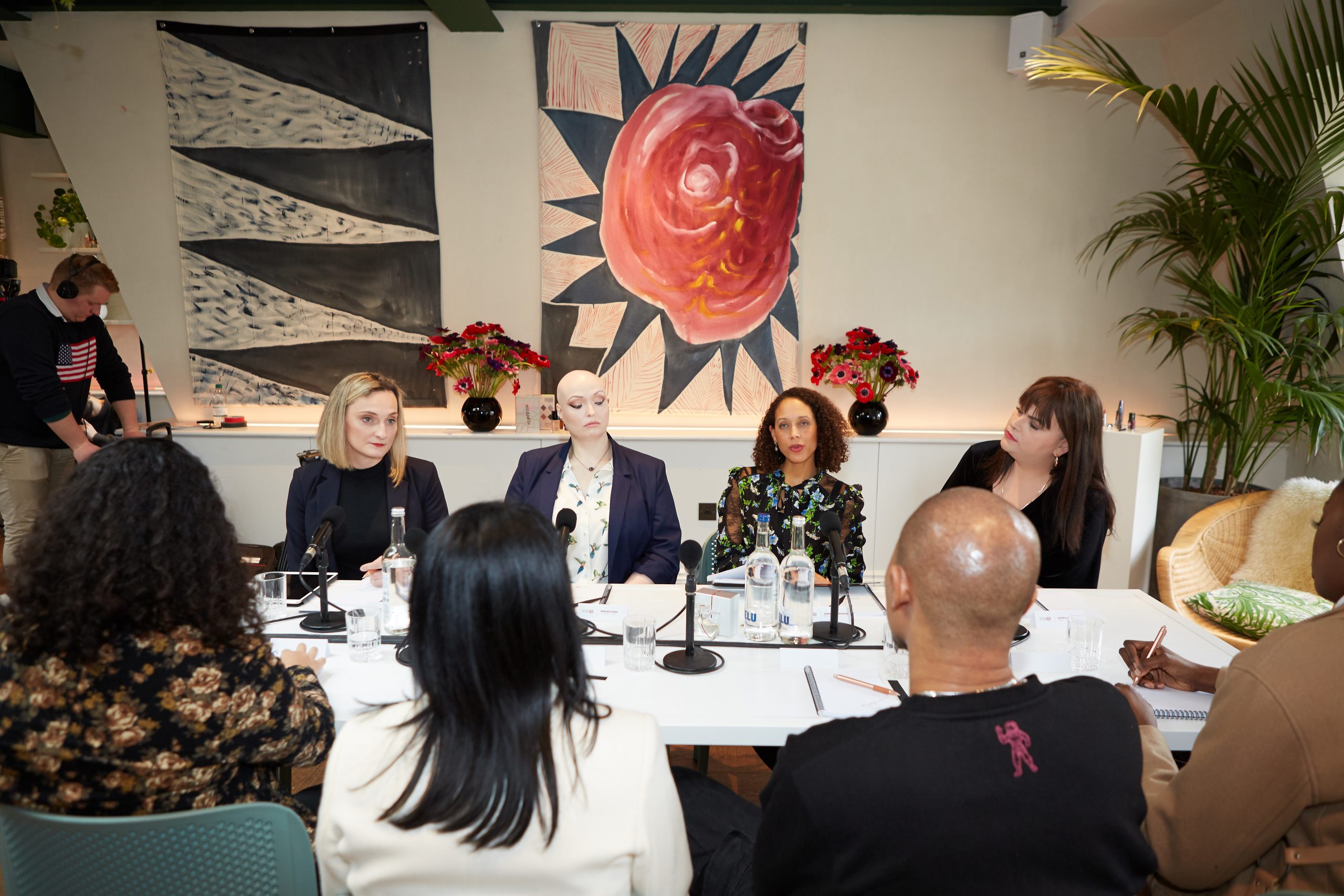
‘It has been proven in academia that for no objective reason, women somehow always get weaker evaluations of what they do,’ Senior Lecturer Agnieszka Lyons explained to the roundtable. 'The words "emotional", "hysterical", "sassy", "gobby" and "lippy" come up - primarily against women to embarrass them.’
Transgender activist Daniella Schofield agreed: ‘I have seen both sides. I used to be a man and I was respected. Then I transitioned and men changed how they acted towards me. When I was a man and I had an opinion, I was respected for it, but as a woman I was told it wasn’t an opinion - it was because of my hormones.’
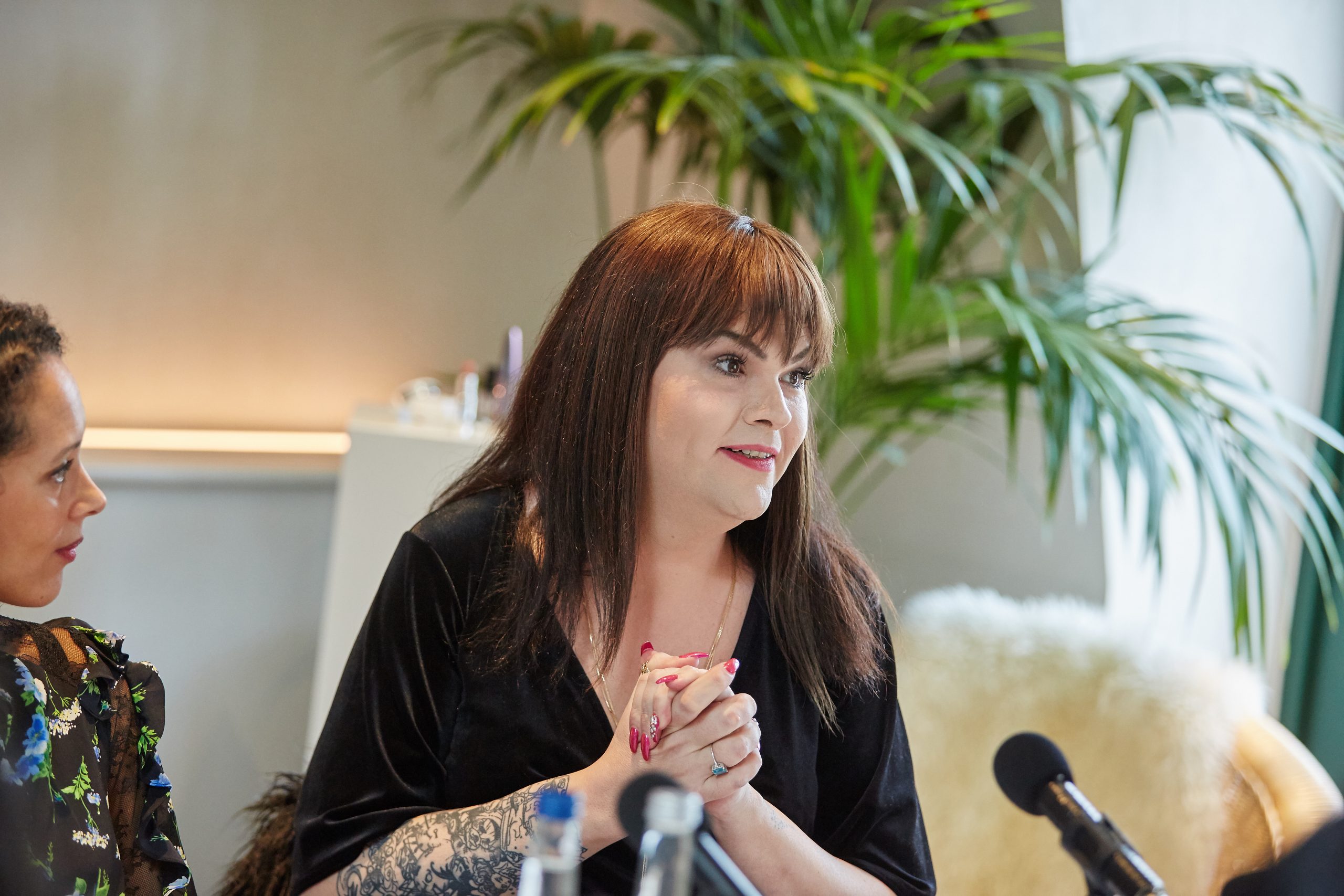
Agreeing that there was a need for a change in language, Nana Soares explained, 'We can change formal inequality with law, but informal inequality like language goes beyond that. This is a cultural change that is blocking women. Language is how we frame the world and shapes what we think so when we change the language that we use to talk about women, we are helping to change the structure of how we perceive gender. We cannot personally change the law, but we can change our language.’
But where do we start? ‘Even the words we use around empowerment enforce the idea that women don’t have power,’ stated Ben Hurst, with his work on the Great Man Project and the Good Lad Initiative engaging men and boys in the movement towards gender equality. ‘We say we want “to give them a voice” but we are just enforcing the idea that they don’t have one. They have been silenced. It’s not about giving them a voice, it’s about amplifying their voice. Small changes like that will lead to people reassessing their attitudes, beliefs and behaviours.’
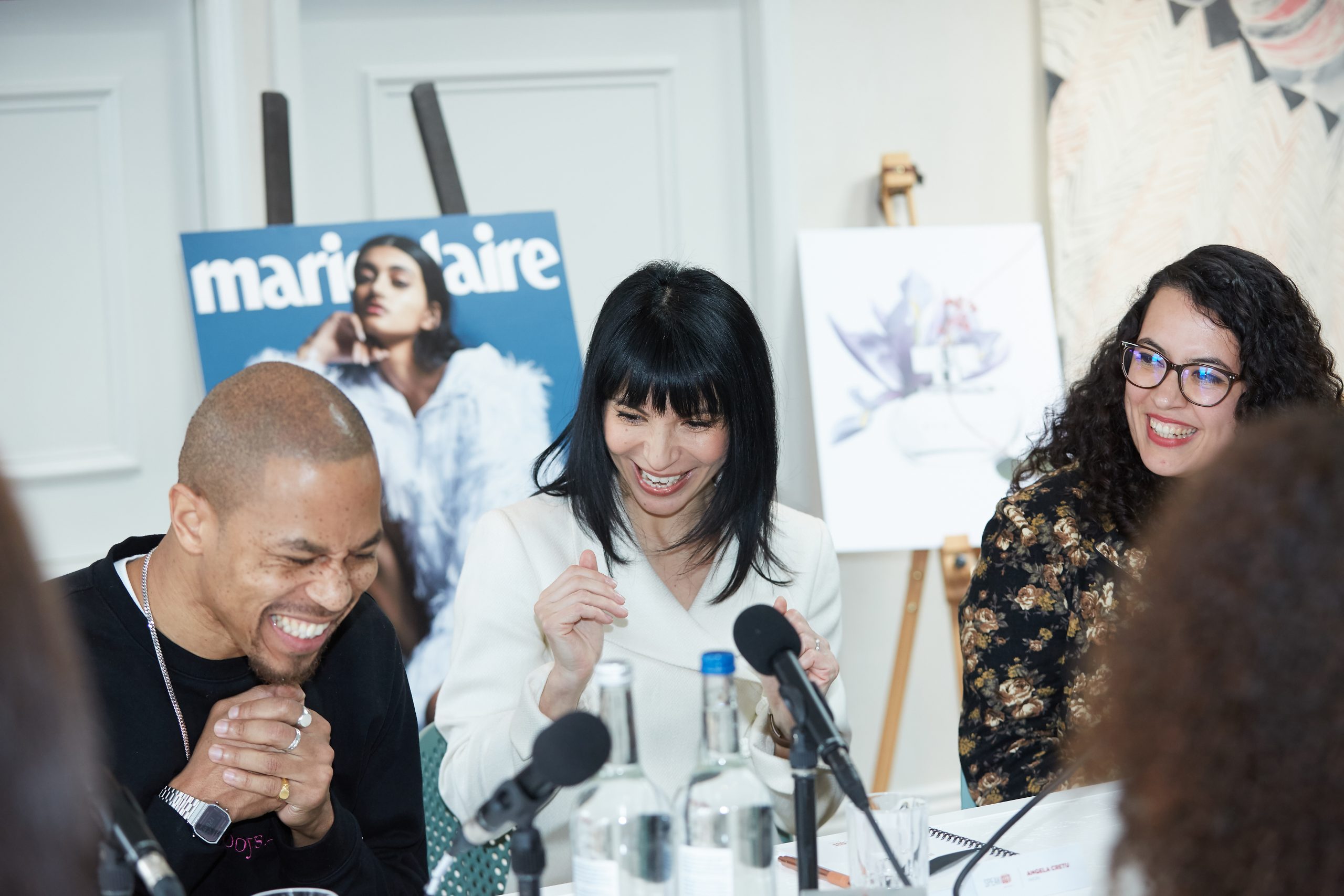
Something that everyone could agree on was the fact that the conversation was not limited to women, with men playing an important role in the push for gender equality through language.
‘Gender imbalance affects everyone - men and women,’ explained Nana, while C Cane pledged to bring more men into the conversation, recalling that before the roundtable she hadn't realised that she had only previously addressed it with women.
'We live in a system that prioritises men, therefore men enjoy that privilege without being aware of what they can do to change and challenge it,' Ben explained of what role men can have in the fight for gender equality. 'We need to be made aware of the impact of our language and how we are complicit in other people’s oppression. Once we are, we will see a change in attitude and behaviours because people will want to change their attitude and behaviours. Men need to be in the forefront of that change.’
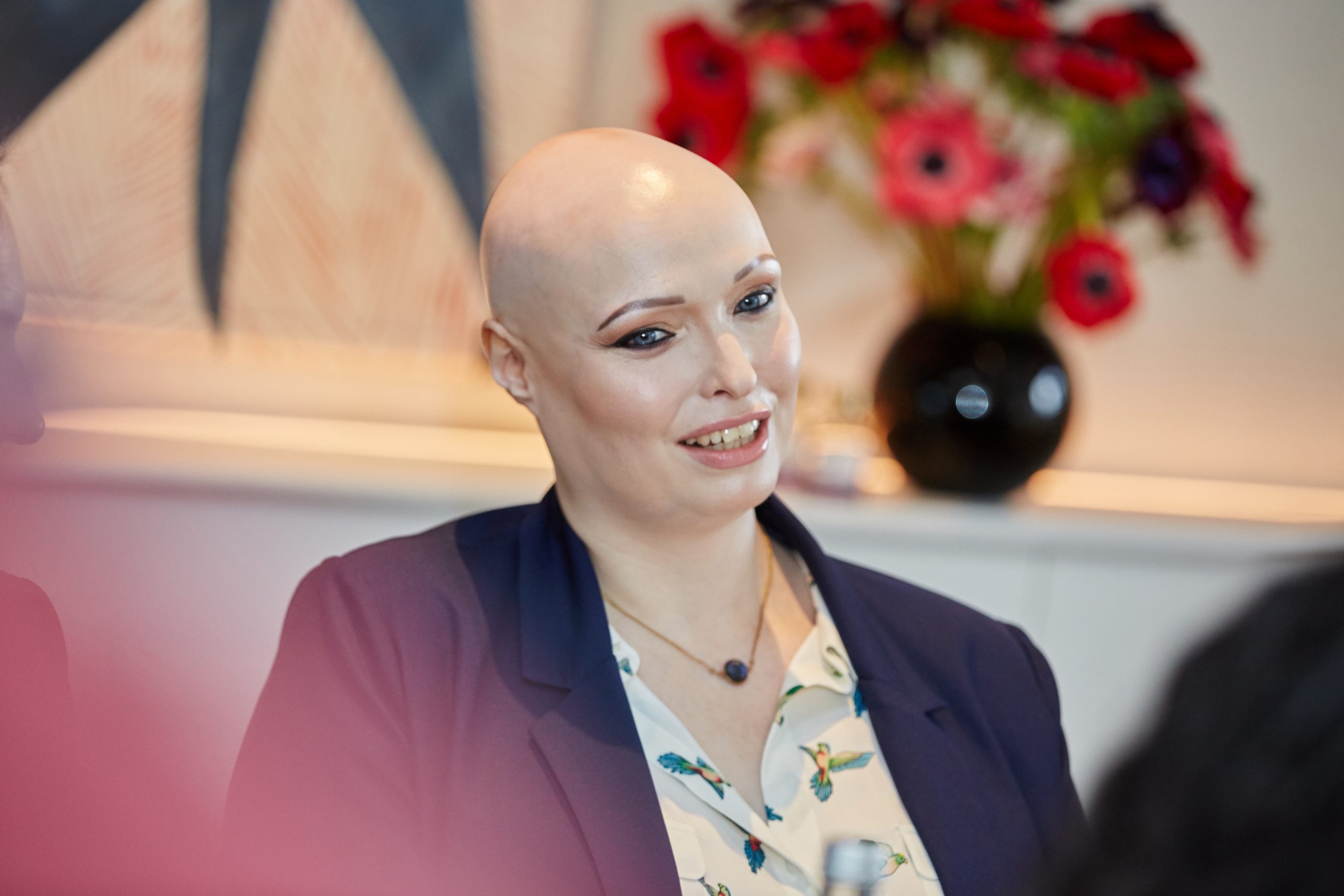
Analysing how we got to this point, Agnieszka offered: 'As girls, we get socialised into speaking in a particular "feminine" way. And then later down the line, we are criticised for using that language - for being too polite or sounding insecure and therefore appearing like we cannot stand our ground and are not worthy of power. In short, from a very early age, we are socialised into using language that will later prevent us from being successful.’
Going on to explain what we can do on an individual level, Agnieszka concluded: ‘We can use these words with pride and try to reclaim this language by not being afraid to refer to ourselves as such.’
That is what we pledge to do.
SpeakOut and reclaim the words used to criticise women who raise their voices.
Avon commits to give $10m to causes that help women to live safe and healthy lives. It is also launching Avon Herstory, a new fragrance brand celebrating women, their lives and their stories. Every woman has her own story and voice.
Celebrity news, beauty, fashion advice, and fascinating features, delivered straight to your inbox!

Jenny Proudfoot is an award-winning journalist, specialising in lifestyle, culture, entertainment, international development and politics. After working at Marie Claire UK for seven years - rising from intern to Features Editor - she is now a freelance contributor to the News and Features section.
In 2021, Jenny was named as a winner on the PPA's '30 under 30' list, and was also listed as a rising star in journalism.
-
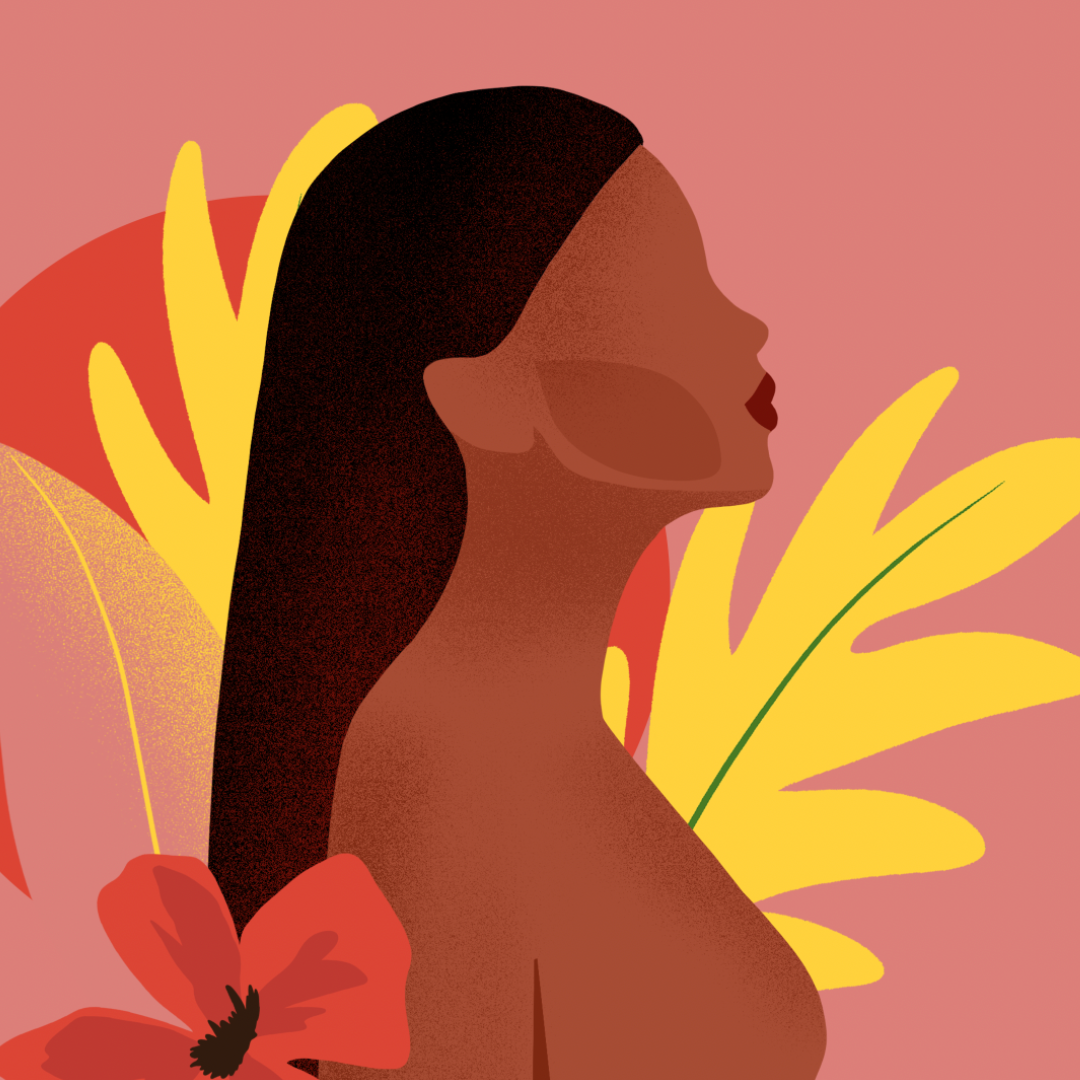 How to manage skin changes during perimenopause and menopause, according to an expert
How to manage skin changes during perimenopause and menopause, according to an expertIn partnership with Vichy
-
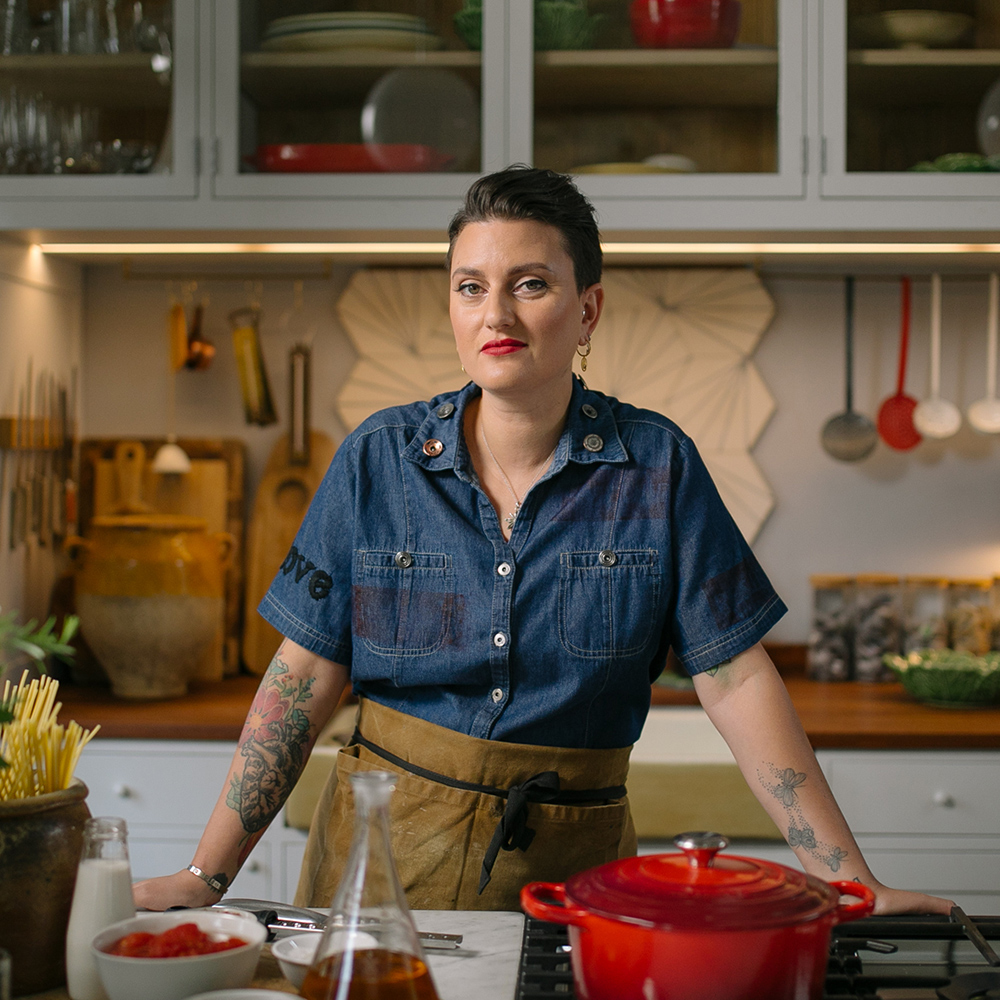 5 easy ways to eat a more plant-based diet, according to chef Bettina Campolucci Bordi
5 easy ways to eat a more plant-based diet, according to chef Bettina Campolucci Bordi -
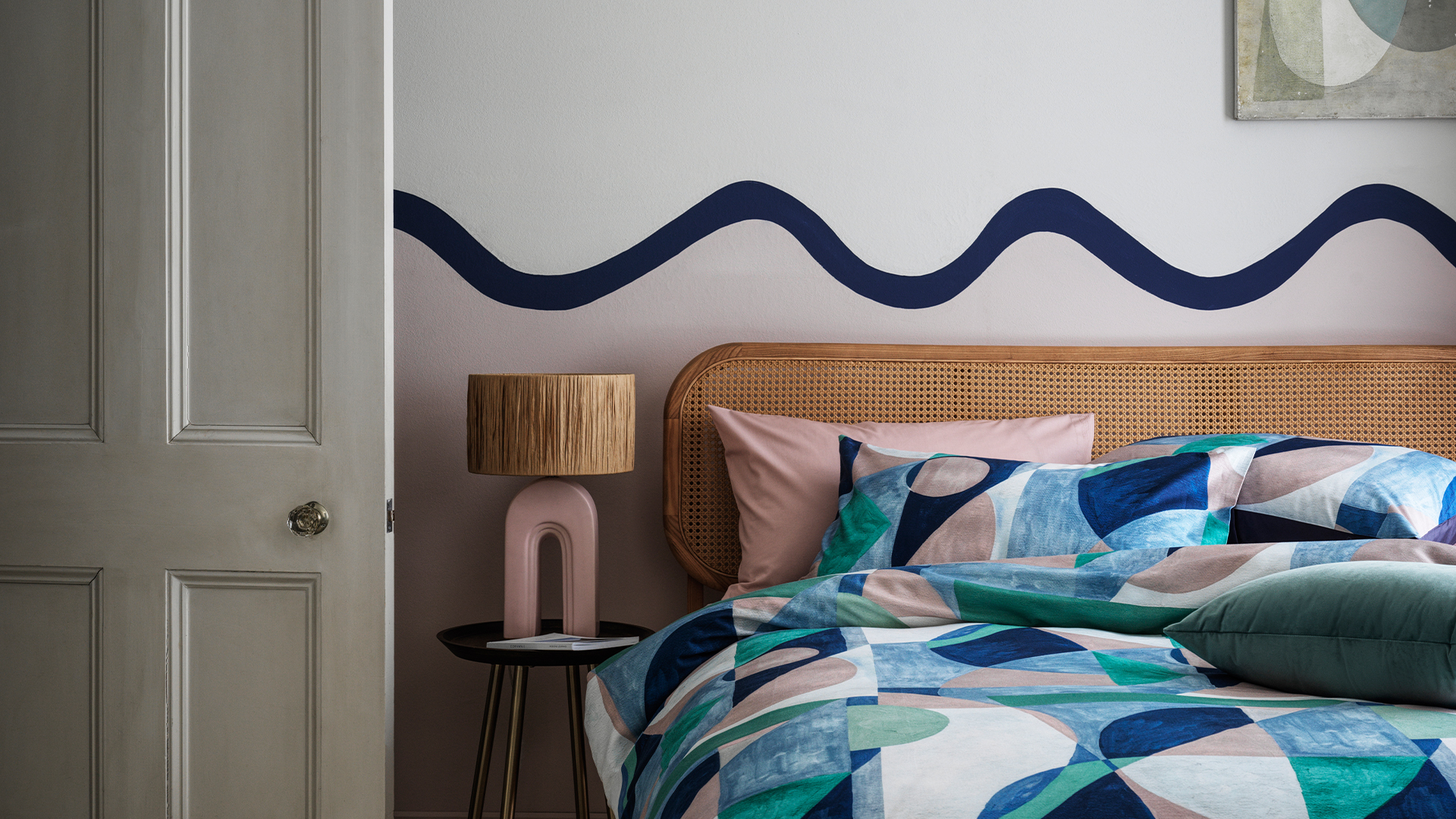 Give your home a new season glow-up with the latest autumn-winter collection from M&S
Give your home a new season glow-up with the latest autumn-winter collection from M&SPromotional feature with M&S
-
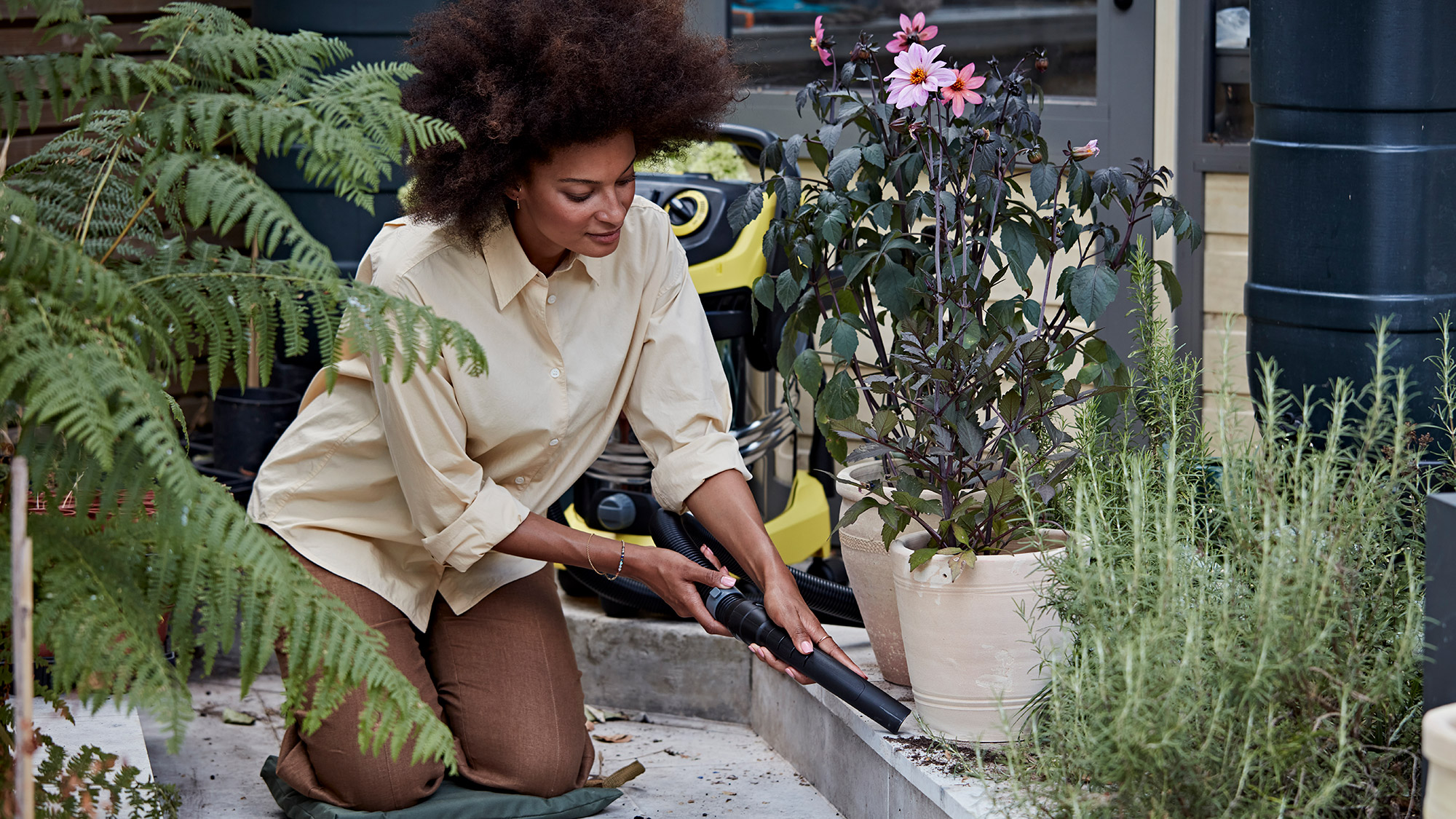 Here's how to maintain a pristine outdoor space
Here's how to maintain a pristine outdoor spaceIn partnership with Kärcher
-
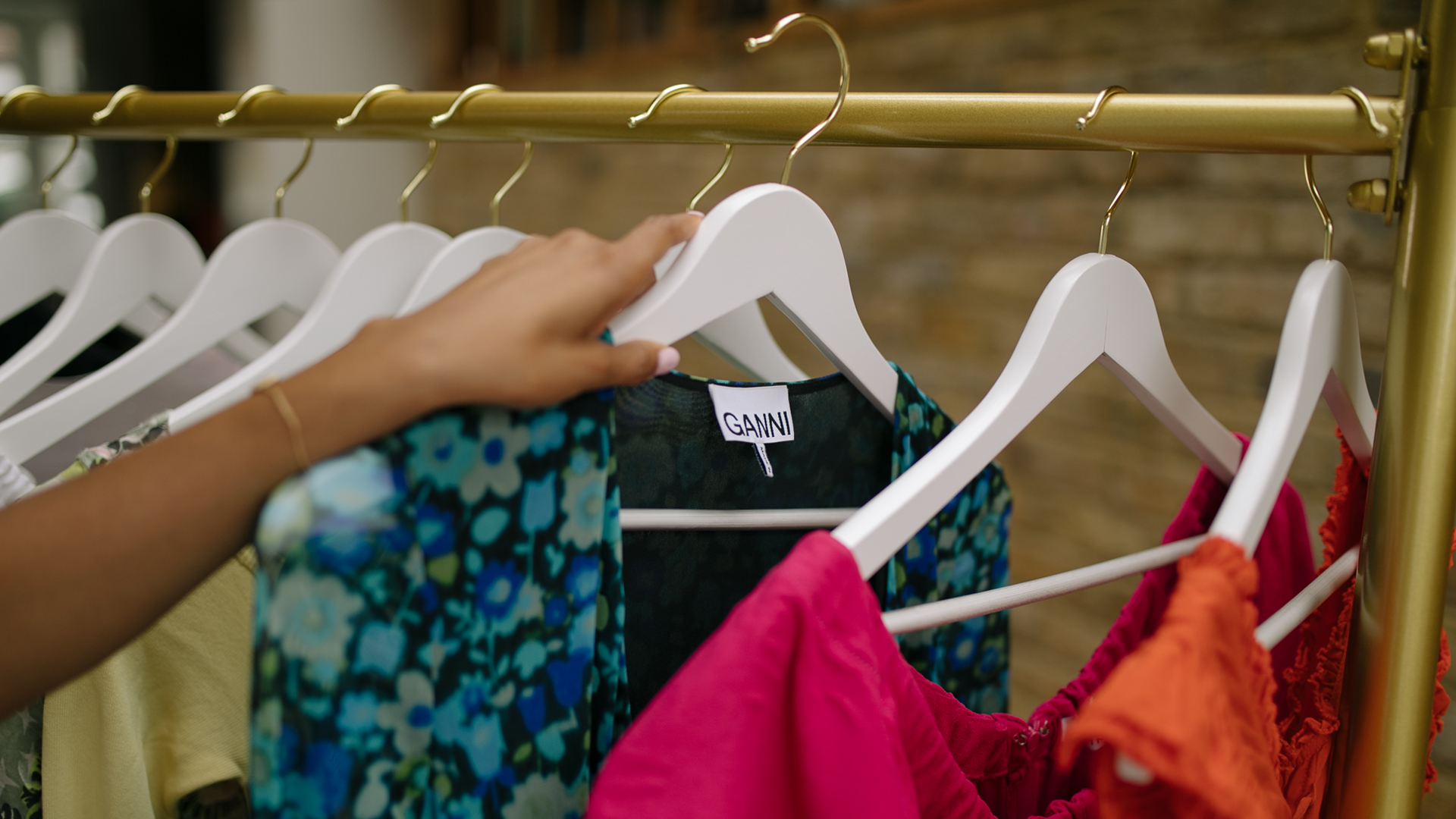 5 eco-conscious questions to ask yourself before buying something new
5 eco-conscious questions to ask yourself before buying something new -
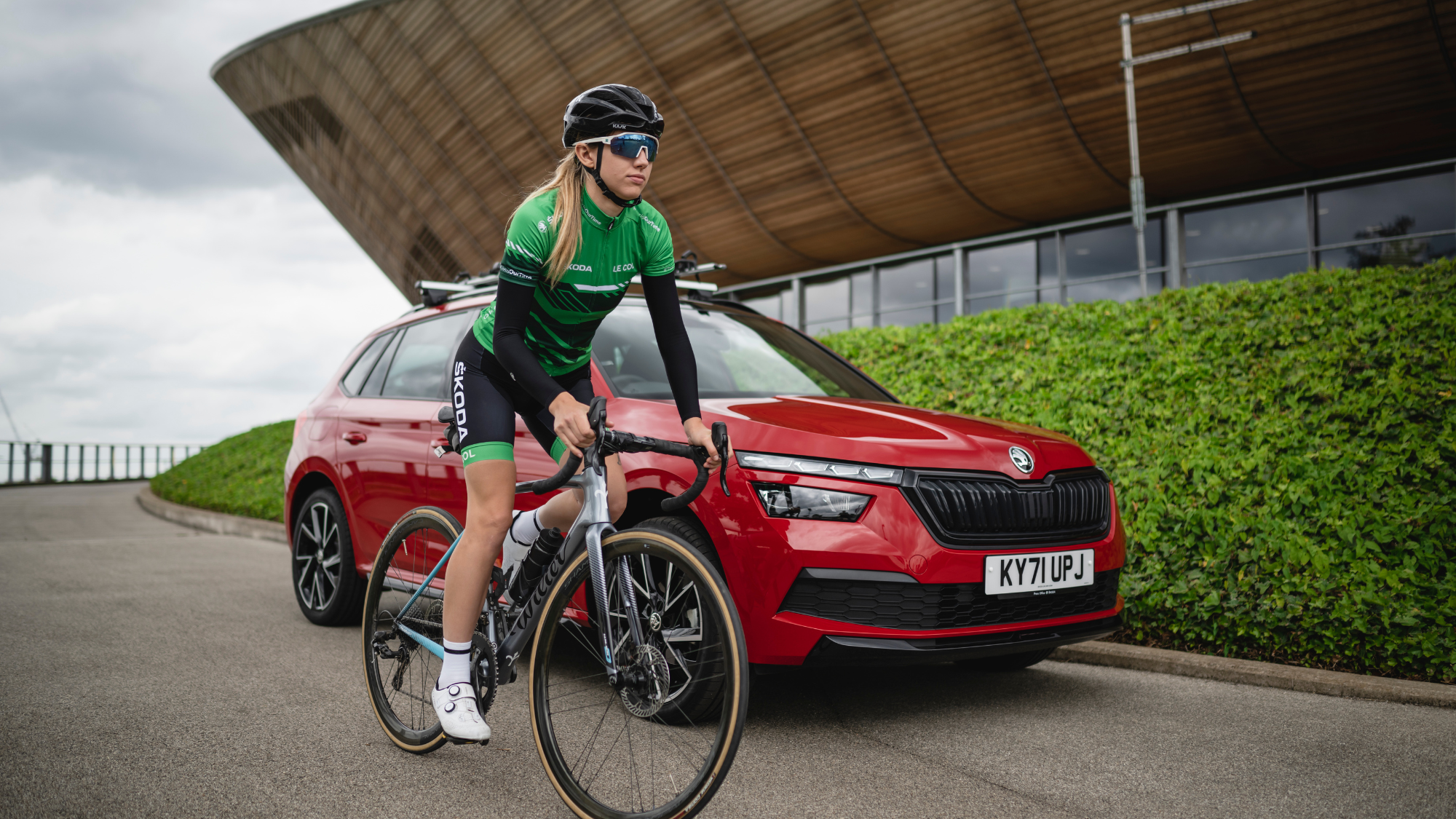 How I want to help elevate the profile of women in cycling
How I want to help elevate the profile of women in cyclingKeira McVitty on recovering from illness, YouTube and why cycling is a sport that keeps on giving
-
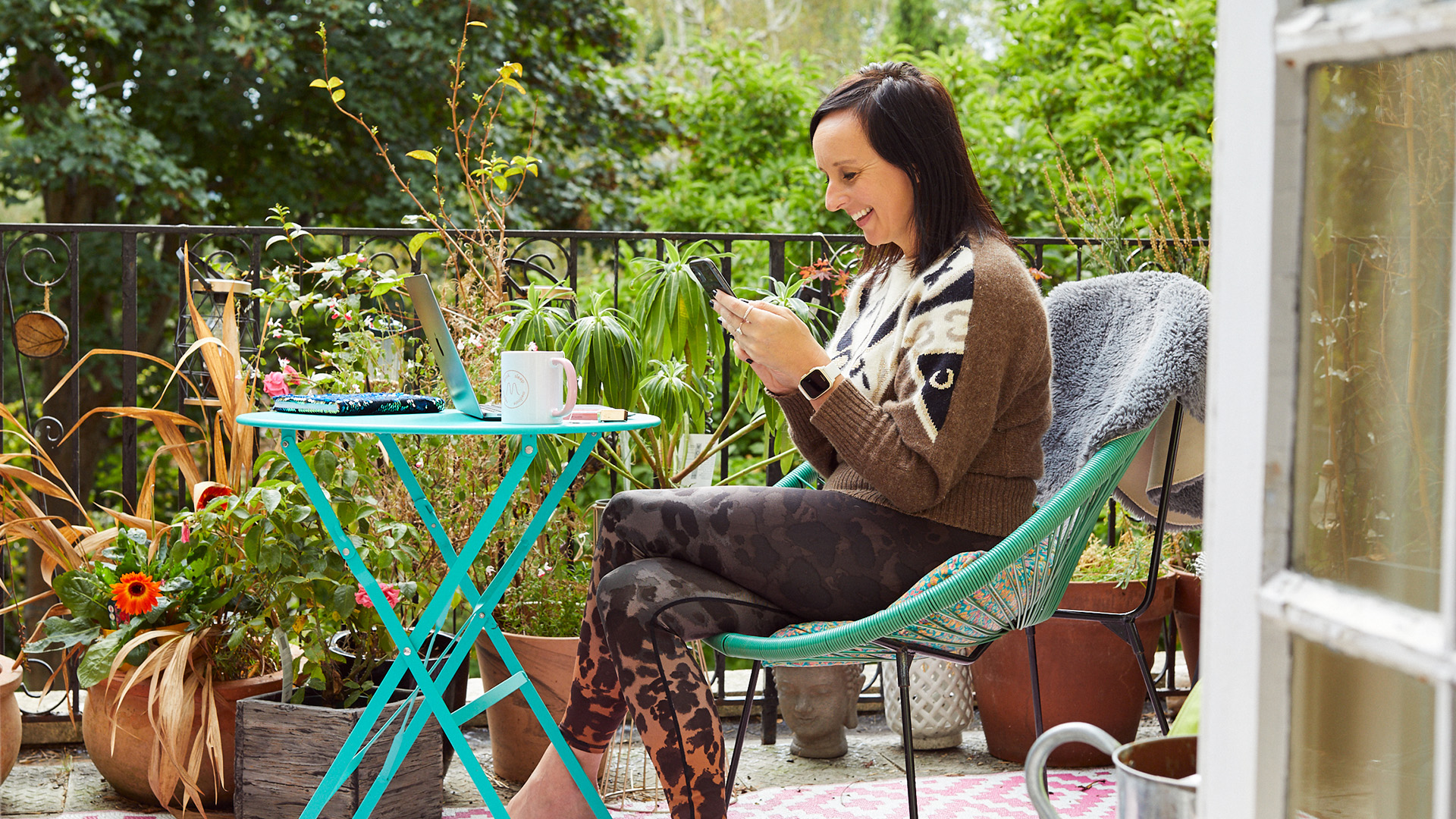 These are the key ways to go from passion to profit, straight from an expert
These are the key ways to go from passion to profit, straight from an expertIn partnership with GoDaddy
-
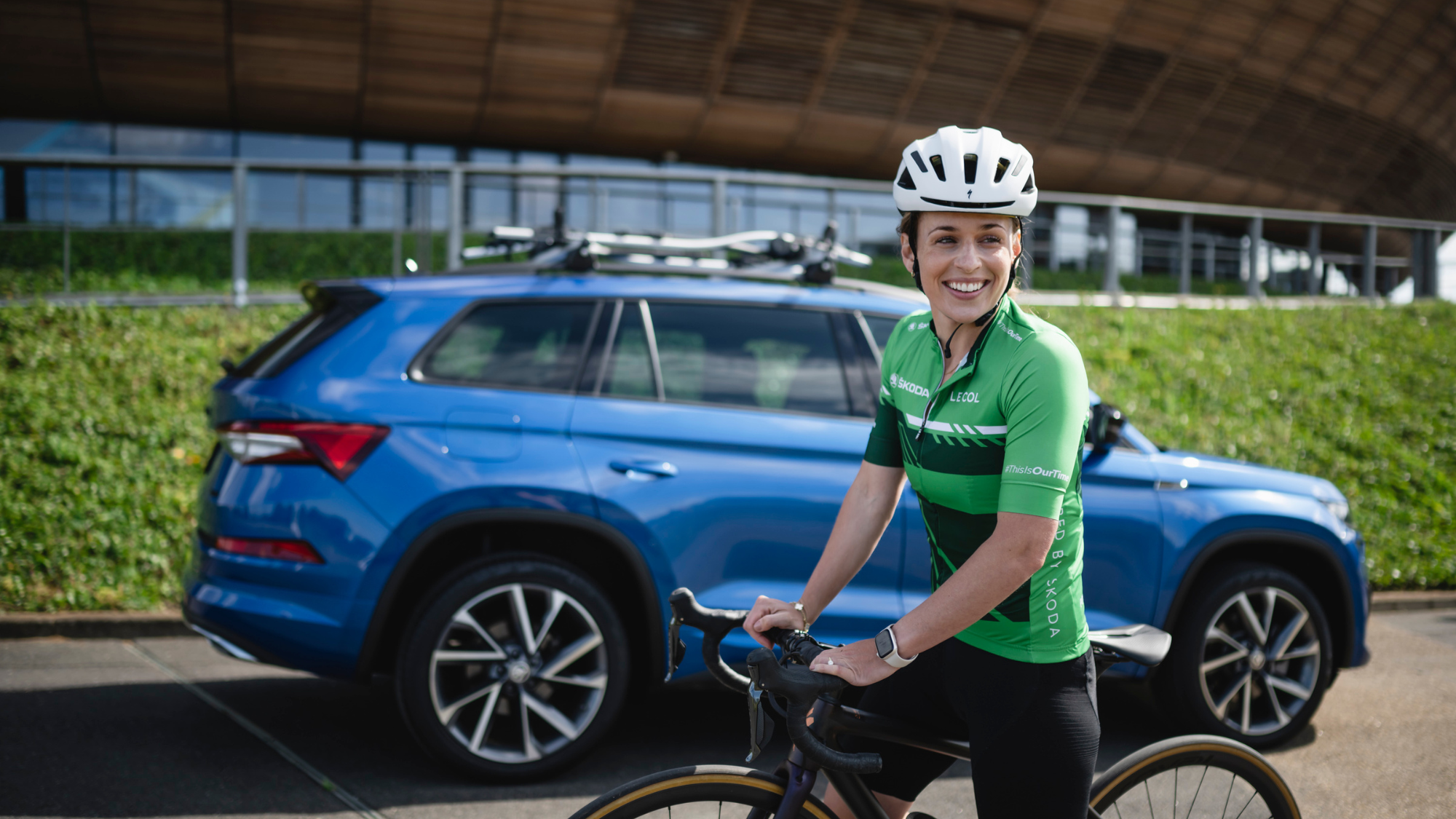 Why cycling is more than a hobby – it protects my family’s health
Why cycling is more than a hobby – it protects my family’s healthIn partnership with SKODA

